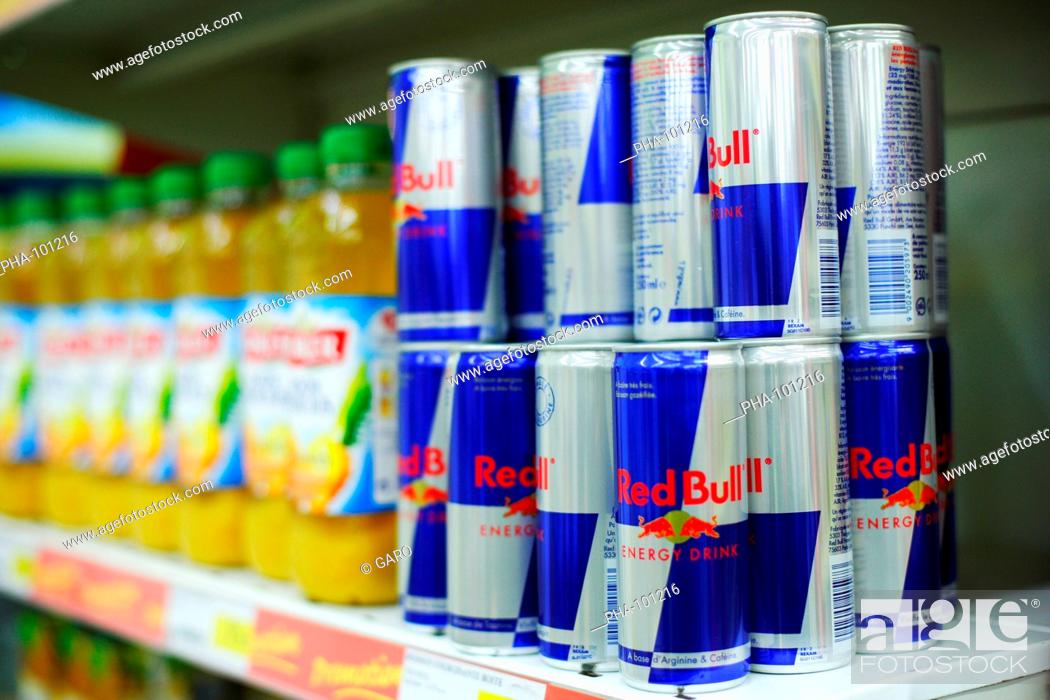

To conclude, then, whether you drink Red Bull as a vegan is entirely down to your personal preferences and ethics.Taurine is an amino acid that is found in animal tissues, including the brain, heart, and skeletal muscles.

This creates a bit of a grey area and means that you, the individual, will determine whether or not Red Bull is a suitable beverage for you. In conclusion, yes, red bull is technically vegan by most standards, with the caveat that white sugar and artificial colouring are not technically considered to be vegan.Īlthough there are no animal products in Red Bull, as even the taurine is synthetic, it is important to note that there is refined sugar in the majority and there are artificial colours in all variations of Red Bull, which some stricter vegans don’t consider vegan due to the nature of how they are tested on animals. We've listed 3 of our favourite ones in our article on Monster Energy Drinks. Alternatives to Red Bullīelieve it or not, when it comes to choosing an energy drink, vegans have an array of choices that are suitable for their lifestyle - this means natural alternatives that are 100% vegan and cruelty-free (and healthier, most of the time). However, unless you’re a raw vegan that doesn’t eat or drink anything processed, it is next to impossible to adhere to a strictly vegan diet, as refined sugar is so commonly used that it is almost impossible to avoid in your diet.Ī large proportion of your sugar intake will be taken up by processed foods, so this is something to consider as a vegan if you are trying to avoid refined sugar as a vegan. You could therefore argue that these are more vegan-friendly options than the original Red Bull energy drink, for instance. However, additionally, Red Bull has sugar-free options, including Red Bull Zero and Red Bull Sugarfree, which are made with artificial sweeteners, aspartame and acesulfame K instead of sugar. The majority of variations of Red Bull contain refined sugar as well as the artificial colouring previously mentioned, contributing to the controversy of it as a product in the vegan community. Therefore, although it’s not directly an animal product, white sugar technically isn’t vegan either, leaving a bit of a grey area depending on the vegan’s preferences. This is because refined white sugar is manufactured with the use of animal bone char to remove impurities and to whiten the sugar. It is worth mentioning that strict vegans do not consider refined sugar to be vegan. There’s no denying that the majority of energy drinks have high sugar content. However, this choice will depend on your own personal preferences and morals as a vegan. The majority of vegans eat artificial colours but stricter vegans are against them for the fact that they are often tested on animals. Instead, animal testing is conducted by researchers to try to prove whether they are safe or dangerous to consume in different foods.

It is important to note that the testing isn’t carried out by the food manufacturers that use these colours as ingredients. However, the ethical issue lies in the fact that these dyes are all routinely tested on animals, such as mice and rats. These ‘artificial’ colours are either made in commercial labs from isolated chemicals or are derived from a by-product of petroleum. However, artificial colours are controversial in the vegan community for a number of reasons. Generally speaking, the most common type of food colouring that you’ll find in food is artificial colours, this includes names such as Red 40, Blue 1, and many more. This is where the line can become blurred for you as a vegan. It won’t surprise you that the colour of Red Bull isn’t natural, and therefore, Red Bull contains artificial colouring.

So why are these animal tests carried out? As we go into detail below, these tests are to do with the artificial colours that Red Bull uses in their popular energy drinks.


 0 kommentar(er)
0 kommentar(er)
